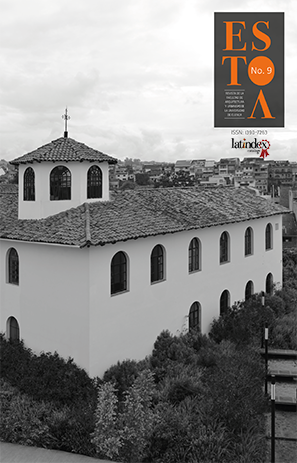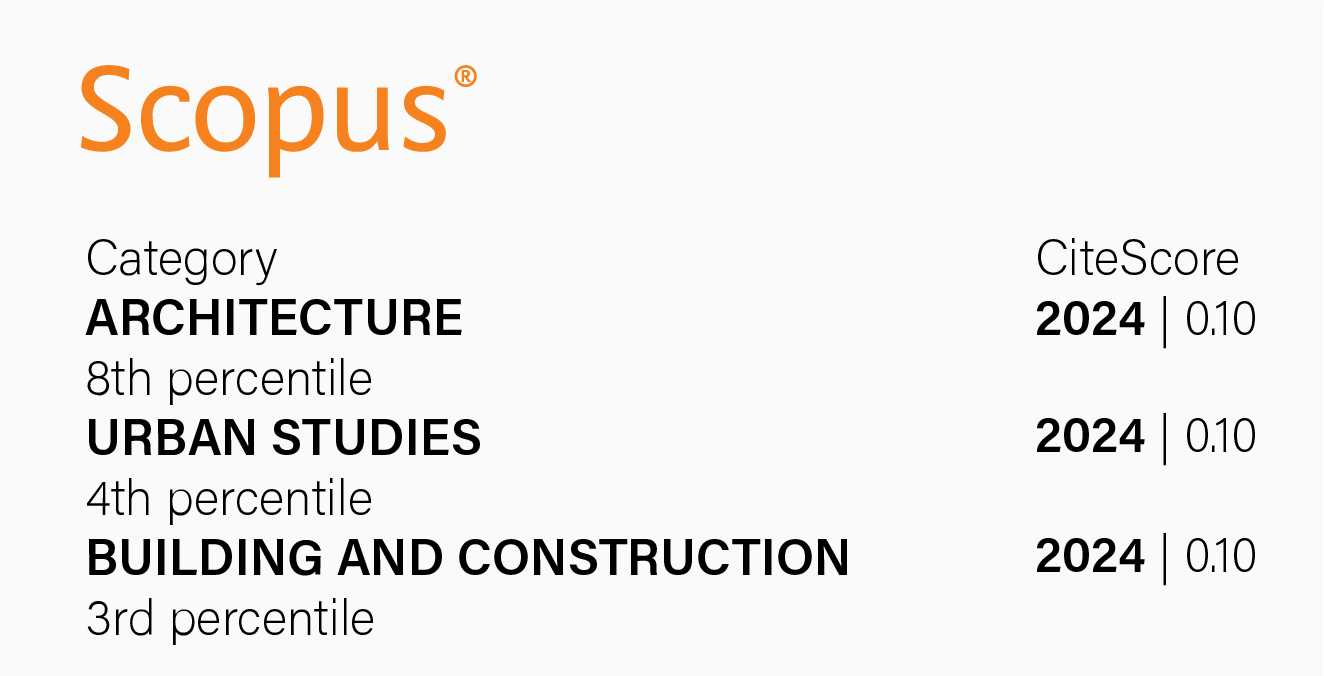Towards a new epistemology of urban and architectural theory
DOI:
https://doi.org/10.18537/est.v005.n009.07Abstract
This article is a theoretical reflection review of colonialism and modernity. Some authors called Latin American critical thought, suggest that after the end of colonialism and colonial administrations, has established a world-system, where the coloniality and modernity are two sides of the same coin, and Western epistemology dominates over other epistemologies. With the background of this critical position, there is a need to review urban approaches from a decolonial perspective, and intends to discuss contemporary urban and architectural theory from the perspective of modernity / coloniality. In conclusion it arises move to specific areas of teaching urban / architectural design, in Latin American universities, the analysis of the crisis of legitimacy of modern knowledge and its global impact..
Keywords: Epistemology, modernity, colonialism, architecture, urbanism, design
Downloads
References
Banai, Reza. 2012. “The metropolitan region: from concepts to indicators of urban sustainability”. Journal of Urbanism: International Research on Placemaking and Urban Sustainability 6 (1). Routledge: 1–23. doi:10.1080/17549175.2012.668427.
Brenner, Neil, y Christian Schmid. 2015. “Towards a new epistemology of the urban?” City 19 (2-3). Routledge: 151–82. doi:10.1080/13604813.2015.1014712.
Borón, Atilio A., 2013. América Latina en la geopolítica del imperialismo, Buenos Aires Ediciones Luxemburgo.
Bulkeley, Harriet, y Michele Betsill. 2005. “Rethinking Sustainable Cities: Multilevel Governance and the ‘Urban’ Politics of Climate Change”. Environmental Politics 14 (1). Routledge: 42–63. doi:10.1080/0964401042000310178.
Dussel, Enrique. 2010. “El siglo XXI: nueva edad en la historia de la filosofÃ\-a en tanto diÃ!`logo mundial entre tradiciones filosÃ\textthreesuperiorficas”. Signos filosÃ\textthreesuperiorficos 12. scielomx: 119–40. http://www.scielo.org.mx/scielo.php?script=sci_arttext&pid=S1665-13242010000100005&nrm=iso.
Escobar, Arturo. 2010. “Worlds and Knowledges Otherwise”, en Mignolo, Walter y Arturo Escobar, Globalization and the Decolonial Option, Londres, Routeledge, 33-64.
Farrés Delgado, Yasser. 2014. “Hacia una teoría urbana transmoderna y decolonial : una introducción”. Polis, Revista Latinoamericana 13 (2): 339–61.
Grosfoguel, Ramón. 2007. “THE EPISTEMIC DECOLONIAL TURN”. Cultural Studies 21 (2-3). Routledge: 211–23. doi:10.1080/09502380601162514.
Mignolo, Walter. 2009. “El lado más oscuro del Renacimiento 1”. Universitas Humanística 67: 165–203.
Roy, Ananya. 2009. “The 21st-Century Metropolis: New Geographies of Theory”. Regional Studies 43 (6). Routledge: 819–30. doi:10.1080/00343400701809665.
Santos, Boaventura De Sousa. 2010. Descolonizar el saber, reinventar el poder. Development and Change. Vol. 44. doi:10.1111/dech.12026.
Downloads
Published
How to Cite
Issue
Section
License
The Journal declines any responsibility for possible conflicts derived from the authorship of the works that are published in it.
The University of Cuenca in Ecuador conserves the patrimonial rights (copyright) of the published works and will favor the reuse of the same ones, these can be: copy, use, diffuse, transmit and expose publicly.
Unless otherwise indicated, all contents of the electronic edition are distributed under a Creative Commons Attribution-NonCommercial-ShareAlike 4.0 International License.




